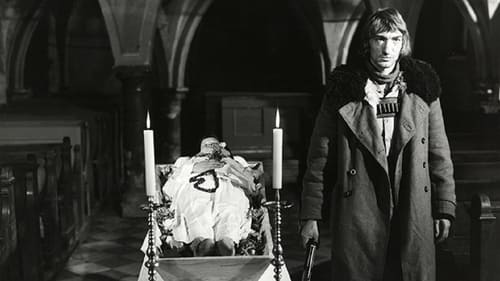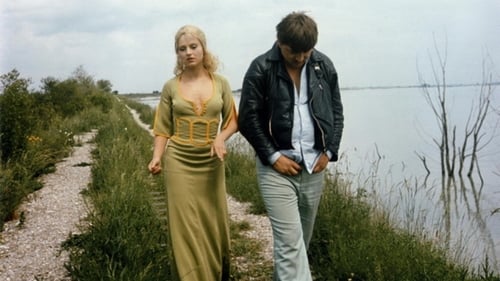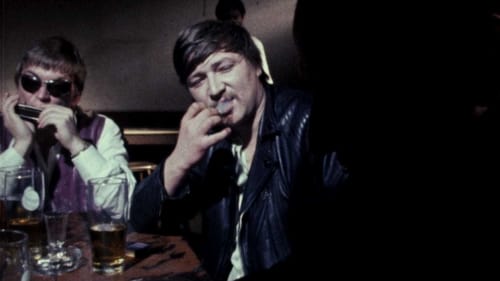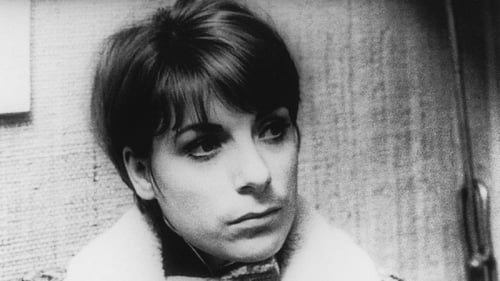
A young filmmaker becomes involved with a gangster in Berlin. Based on the Ulf Miehe novel Ich hab' noch einen Toten in Berlin.

Josef Meyer
After years in prison, a gang of criminals are deported from Bavaria and arrive as free immigrants to America. They kill an Indian by accident and do different jobs such as cleaning latrines, until they get installed in an abandoned house next to an Indian woman. One day someone will propose to perpetrate a robbery ...

Otto
Reflected in an artificial and bombastically staged illusory world with Wagnerian compositions, glossy and satirical time references, 19th century German figures and traditions are stripped of their mythology and interpreted by the Germany of 1972.

Georg

Raumpilot Carl Douglas
Outer space in 2034 is run by greedy corporations in a rundown bureaucracy. Two astronauts, who are not very smart, make their way with shady dealings, smuggling and spaceship wrecking.

O'Brian
Two rival gangs try to obtain the five parts of a dangerous formula held by five scientists.

A biochemistry professor finds an old manuscript with structure and formula of immortality drug.

Черный Монах в кожаной куртке задается вопросом, может ли маленькая группа людей сделать пролетарскую революцию. Он вспоминает, как один средневековый пастух поднял восстание против церкви и землевладельцев, сообщив людям, что Дева Мария в видениях просит его об этом. Черный Монах делает вывод, что его революция будет иметь больший успех, если он переоденет свою подругу Джоанну Девой Марией.

Manfred Peickert
The Indomitable Leni Peickert is a loose, half-hour sequel to Alexander Kluge's second feature film, Artists in the Big Top: Perplexed. This shorter work, seemingly assembled from leftover footage from the longer film, continues the story of the circus owner Leni Peickert after she first abandoned her idea of a radical circus in favor of a job in television. It opens where the previous film left off, at a TV station where Leni and her friends have gathered as employees, attempting to infiltrate the corporate establishment with their own revolutionary ideas. This radicalism is somewhat undercut by the way that Kluge deliberately shoots down the low-cut blouse of one of these young revolutionaries, the camera eyeing her cleavage and then panning down, to the text she's reading, and then back up again, finding her sexuality ultimately much more interesting than her radicalism.

Ekart
Volker Schlöndorff transposes Bertolt Brecht’s late-expressionist work to latter-day 1969. Poet and anarchist Baal lives in an attic and reads his poems to cab drivers. At first feted and later rejected by bourgeois society, Baal roams through forests and along motorways, greedy for schnapps, cigarettes, women and men: ‘You have to let out the beast, let him out into the sunlight.’ After impregnating a young actress he soon comes to regard her as a millstone round his neck. He stabs a friend to death and dies alone. ‘You are useless, mangy and wild, you beast, you crawl through the lowest boughs of the tree.’

Everyday life in a commune near Munich in the spring of 1969

Manfred Peickert
Фильм о мечте дочери циркача, который сорвался с трапеции в попытке поднять под купол слонов, организовать реформированный цирк, где клоуны инсценируют расстрел мексиканского короля Максимилиана.







